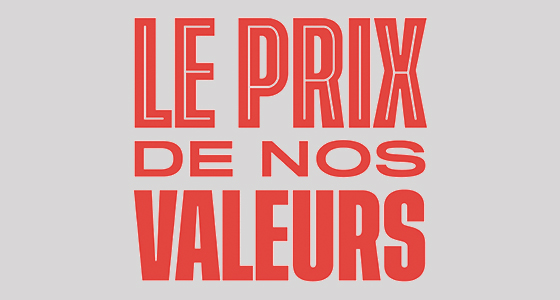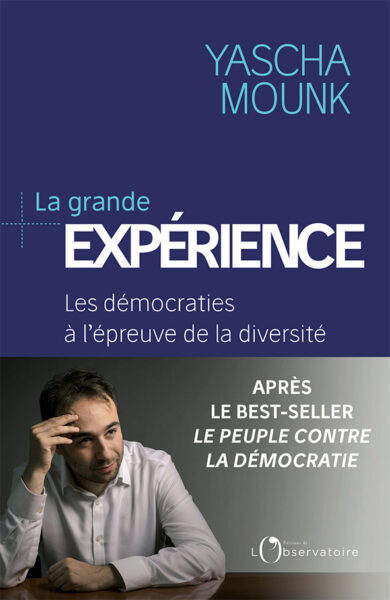If “modernity” had to be defined as the rise of reason at the expense of religious beliefs (by the great victory of individualism over institutions representing norms that transcend individual conscience), then this phase can now be said to be over. True, the Church is not what it was, but its decline has by no means led to a decline in belief. On the contrary, belief is growing and diversifyng.
Gérard Donnadieu argues that this is because we have reached the phase of “ultramodernity”, which is marked, first, by doubts about progress, science, religion as a system and, at the same time, by the growth of beliefs of all sorts; and secondly, by individualism, which therefore means the questioning of all absolute authority and the search instead, everyone for himself, for beliefs that will allow the individual to satisfy his desires and interests.
From this starting point, the author sets out to describe the “new landscape of belief”, making use of the metaphor of the market to do so. He shows first that demand, far from diminishing, is fragmenting and becoming more diverse, depending on whether individuals are looking for material, social, moral, psychological or spiritual benefits. At the same time, supply is also becoming more differentiated, the Church has lost its monopoly, and there is a proliferation of extremely varied practices, some more structured than others. In such a competitive situation, the only successful strategies exploit niche opportunities, offering new entrepreneurs (healers, witchdoctors, clairvoyants) new openings.
In the highly competitive market of beliefs, what strategies should the main actors therefore adopt? In conclusion, Gérard Donnadieu outlines three scenarios:
-The “obsolescence” of products and institutions that used to represent the great religions; this would usually tend to generate reactions in the form of either “stiffening identities” or seeking ways of adapting.
-“Visionary transformation”, which may be productive in the short term but very risky in the longer term.
-“Segmentation and diversification” which means, just as in industry, developing a much more varied range of products tailored to suit each segment of the clientèle…
In short, Donnadieu concludes, although the market analogy has its limits, it is nevertheless the case that the same laws apply today to the churches if they wish to achieve their goals.
Vers un marché du religieux ?
Cet article fait partie de la revue Futuribles n° 260, jan. 2001


